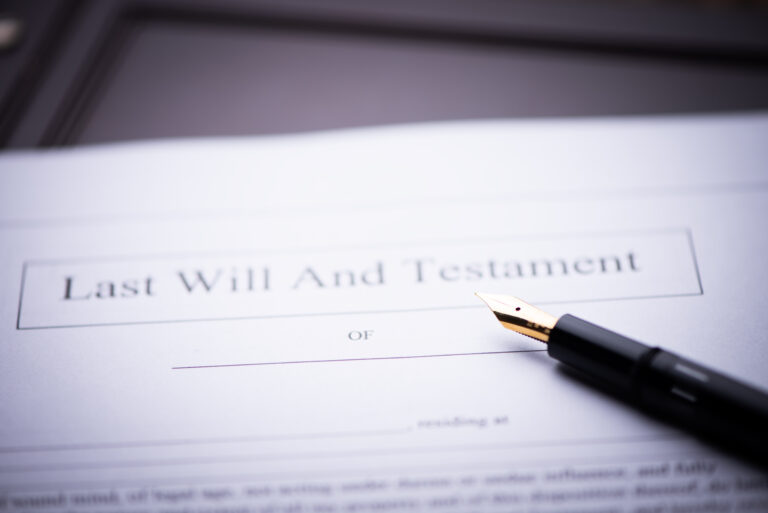Humans are naturally overconfident. We overestimate our own ability compared to others. One of the most often quoted studies showed that 93% of drivers rated themselves better than the median. We also know that men usually rate themselves as better drivers than women. However, the data shows the opposite. Men are four times more likely to be involved in a fatal car accident. Men also pay more for car insurance.
Same with investing. A study conducted by Fidelity examined five million Fidelity brokerage accounts over a decade and concluded that women outperform men by 0.4% a year. That’s a big sample size and a significant gap in performance.
The study also found women tend to create well-rounded, more diversified portfolios. Men however, tended to be over-exposed to a smaller number of riskier assets. This strategy might be okay if the investments are held for a long enough time. However, a separate Vanguard study found that men were significantly more likely to make the mistake of selling their investment in a down market.
Likewise with women, who on average, tend to be less confident with financial decisions. This can lead to something we’ve all experienced before, analysis paralysis. This is where the stress of having to decide between option A, or option B, leads one to choose option C – do nothing at all. You may have heard the phrase ‘perfect is the enemy of the good’.
Whenever we discuss gender differences, we run the risk of generalising and perhaps polarising. This is not the intent here. It’s more helpful to learn from these behavioural mistakes rather than pin them to a gender. So, when we say men need to be mindful of the effects of overconfidence bias, we really mean everyone does.
I expect this ‘behaviour gap’ is less pronounced in couples who might have their partner as a sounding board, moderating each other’s tendencies to make more rational decisions. This is why boards and committees exist, to collate a diversity of opinions to make better decisions.
For those not in a partnership, having a professional relationship with a financial adviser can truly help overcome the uncertainty and feeling of indecision. Talking with your financial adviser might give you the confidence to push the accelerator pedal when your instinct wants to stay on the brakes.
To stretch the driving analogy just a little further, for men in particular, your adviser could be the passenger that alerts you to an unseen danger and prevents you from damaging your car – and bruising your ego.


